If you often feel colder than everyone else, it may be more than just a personal quirk or sensitivity to chilly weather. Persistent coldness can be a sign that your body is not getting enough of certain vitamins essential for warmth and circulation. These nutrients help regulate energy production, blood flow, and oxygen distribution, which are key factors in keeping your body temperature steady. When you are low on them, your body struggles to maintain heat efficiently, leaving you feeling cold even when it is warm. Here is a closer look at five vitamins that can influence how your body handles temperature and why keeping them in balance matters for your overall comfort and health.
1. Vitamin B12
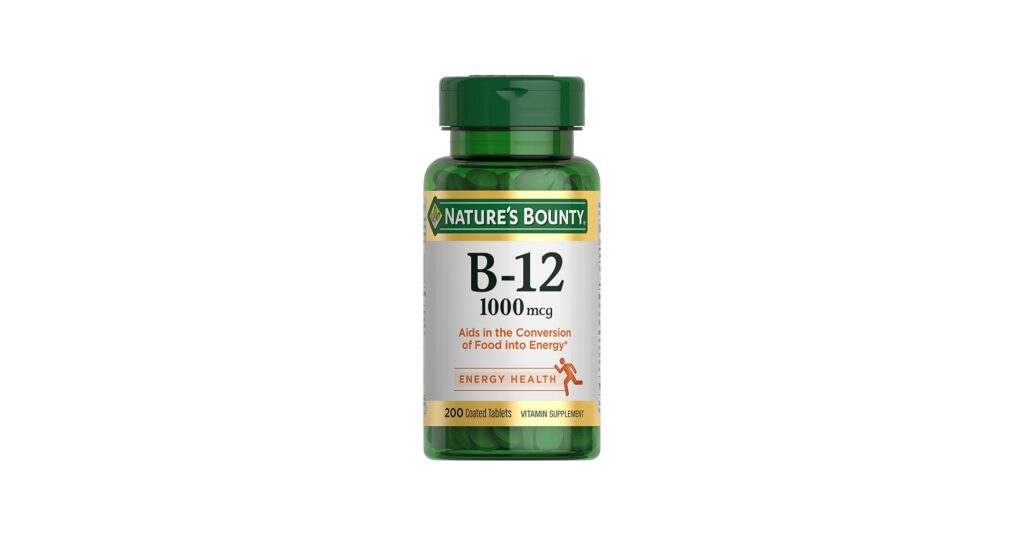
Vitamin B12 is one of the most important nutrients for maintaining healthy nerve function and red blood cell production. When you are low on B12, your body may struggle to deliver oxygen effectively throughout your system, leading to poor circulation and a constant feeling of being cold. It also plays a role in energy metabolism, helping convert food into the energy your body needs to stay warm. People who do not consume enough meat, dairy, or fortified foods, such as vegetarians or older adults, are more prone to B12 deficiency. Adding foods like eggs, fish, or B12 fortified cereals can help restore warmth and energy to your daily routine.
2. Iron
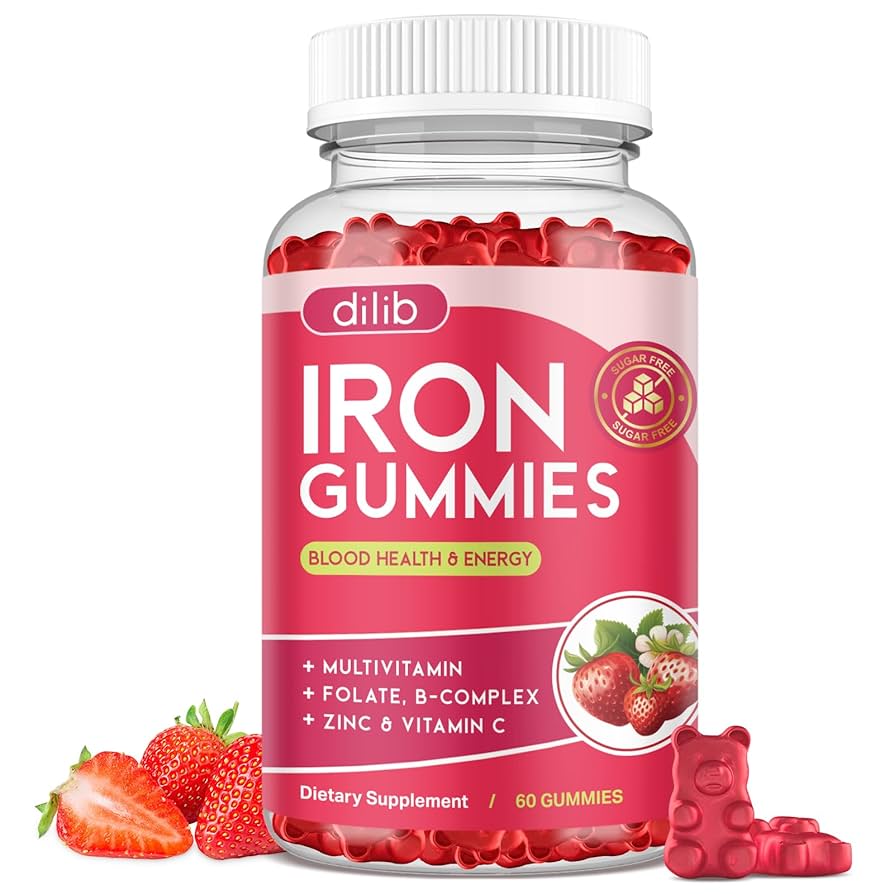
Iron deficiency is one of the most common reasons for feeling cold all the time. Iron helps your body make hemoglobin, a protein in red blood cells that carries oxygen to your tissues. When your iron levels are low, oxygen circulation slows down, causing your hands and feet to feel icy even in mild temperatures. Women, especially those with heavy menstrual cycles, are more likely to experience iron deficiency. To boost your levels, include iron-rich foods like spinach, red meat, beans, and lentils in your diet. Pairing these with vitamin C-rich foods such as oranges or tomatoes can also help improve iron absorption.
3. Vitamin D
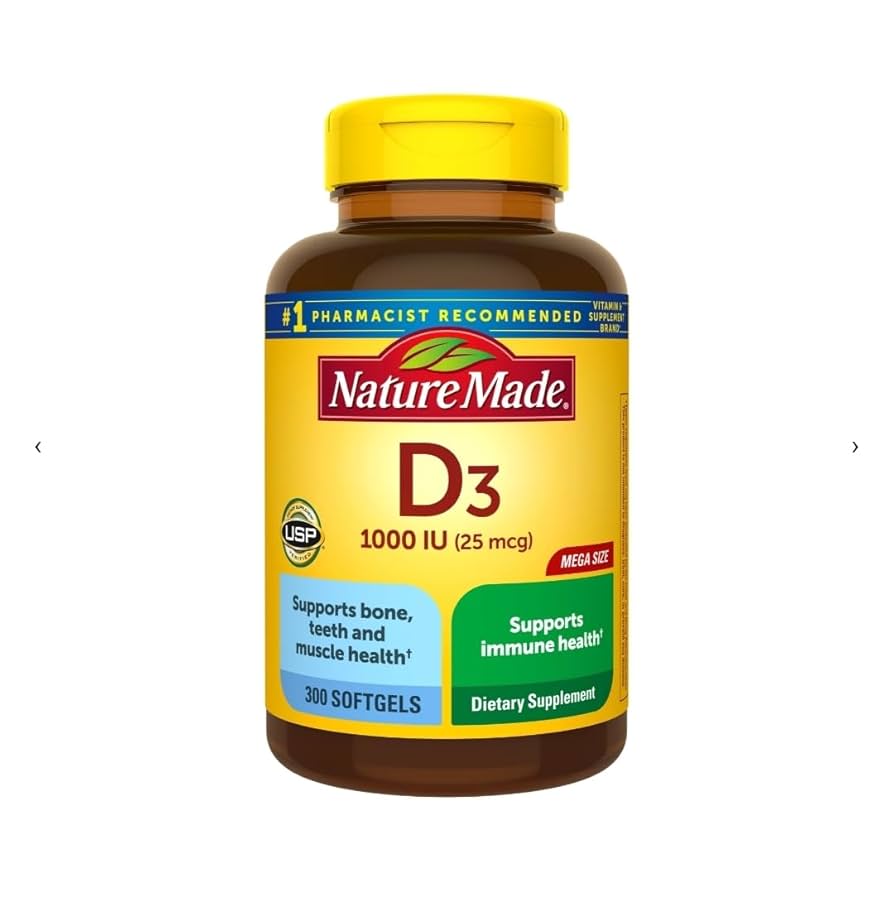
Vitamin D, often called the sunshine vitamin, plays a major role in maintaining bone strength and supporting your immune system. It also influences how your body regulates temperature. When your vitamin D levels are low, your muscles and blood vessels may not function optimally, which can make you feel colder than usual. People who spend most of their time indoors or live in areas with limited sunlight exposure are especially at risk. Getting a few minutes of sun each day, eating fatty fish, or taking a supplement can help you maintain adequate vitamin D levels and feel more balanced throughout the day.
4. Vitamin C
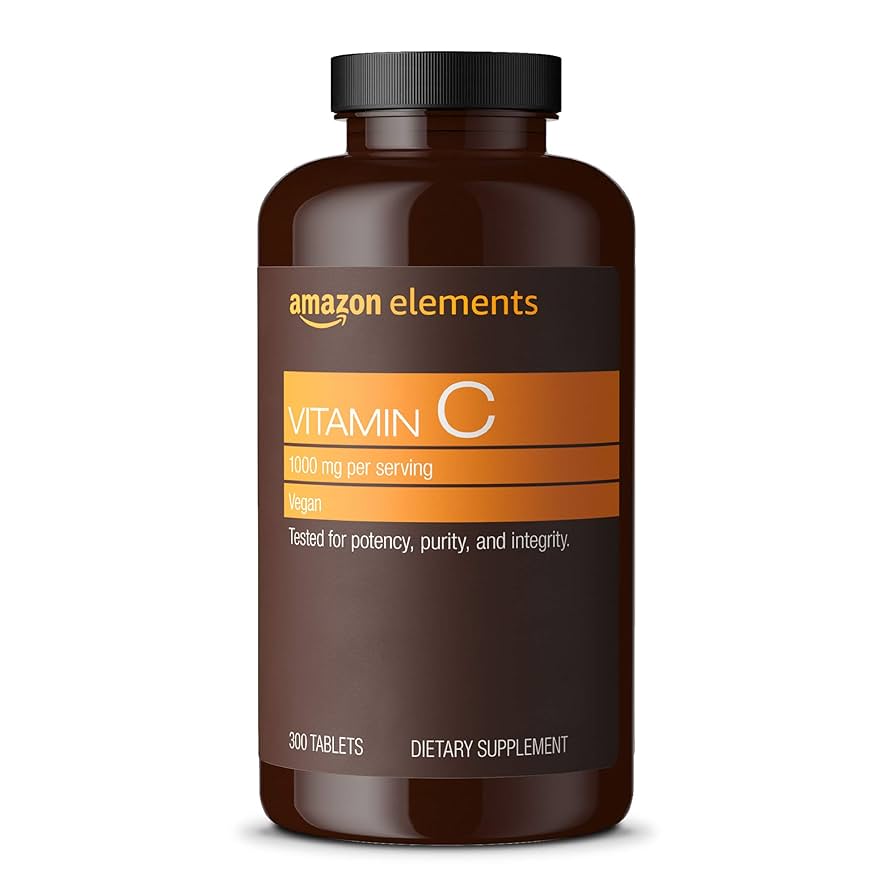
Known for its immune-boosting powers, vitamin C also supports healthy blood vessels and circulation. It helps your body absorb iron more efficiently, which directly affects how well your blood carries oxygen and how warm you feel. A lack of vitamin C can lead to fatigue, weakness, and cold extremities. Fresh fruits and vegetables like oranges, strawberries, bell peppers, and broccoli are great natural sources. Incorporating these into your meals not only strengthens your immune system but also helps your body stay comfortably warm even during colder seasons.
5. Folic Acid (Vitamin B9)
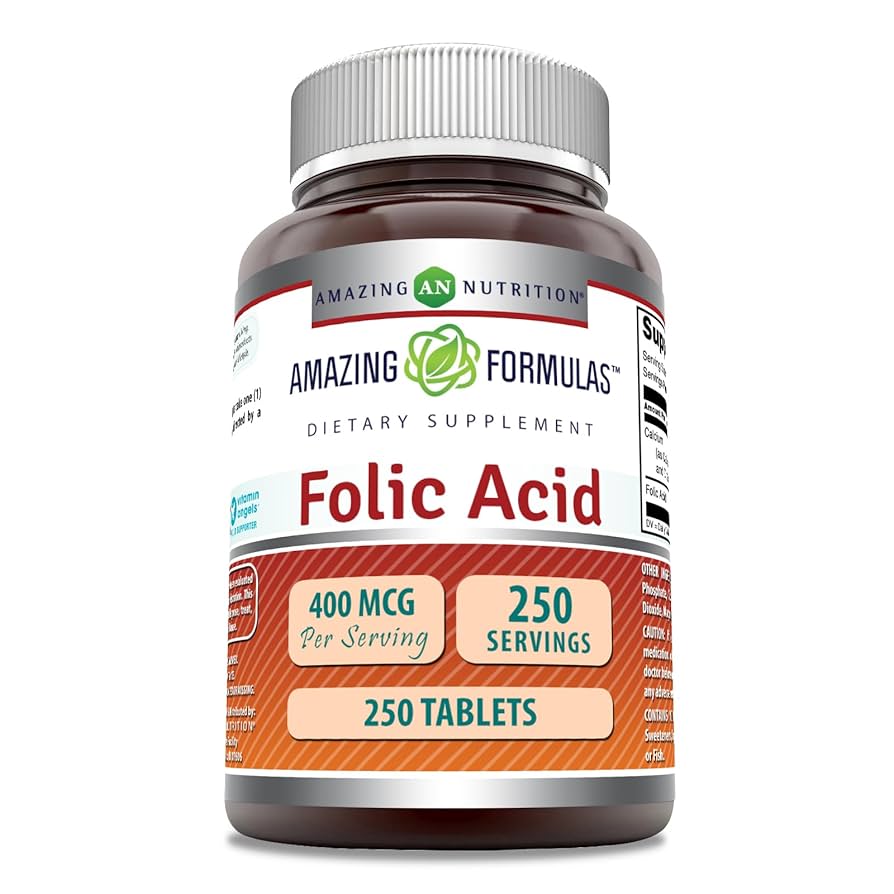
Folic acid, or vitamin B9, is essential for producing red blood cells and supporting overall metabolic function. When you are low on folate, your body cannot produce enough healthy blood cells to circulate oxygen effectively. This results in sluggish circulation and a lower body temperature, making you feel cold more often. Folic acid is found in leafy greens, citrus fruits, beans, and whole grains, making it easy to include in your diet. Ensuring you get enough folate not only helps regulate your internal temperature but also supports energy levels and overall vitality.
Comments